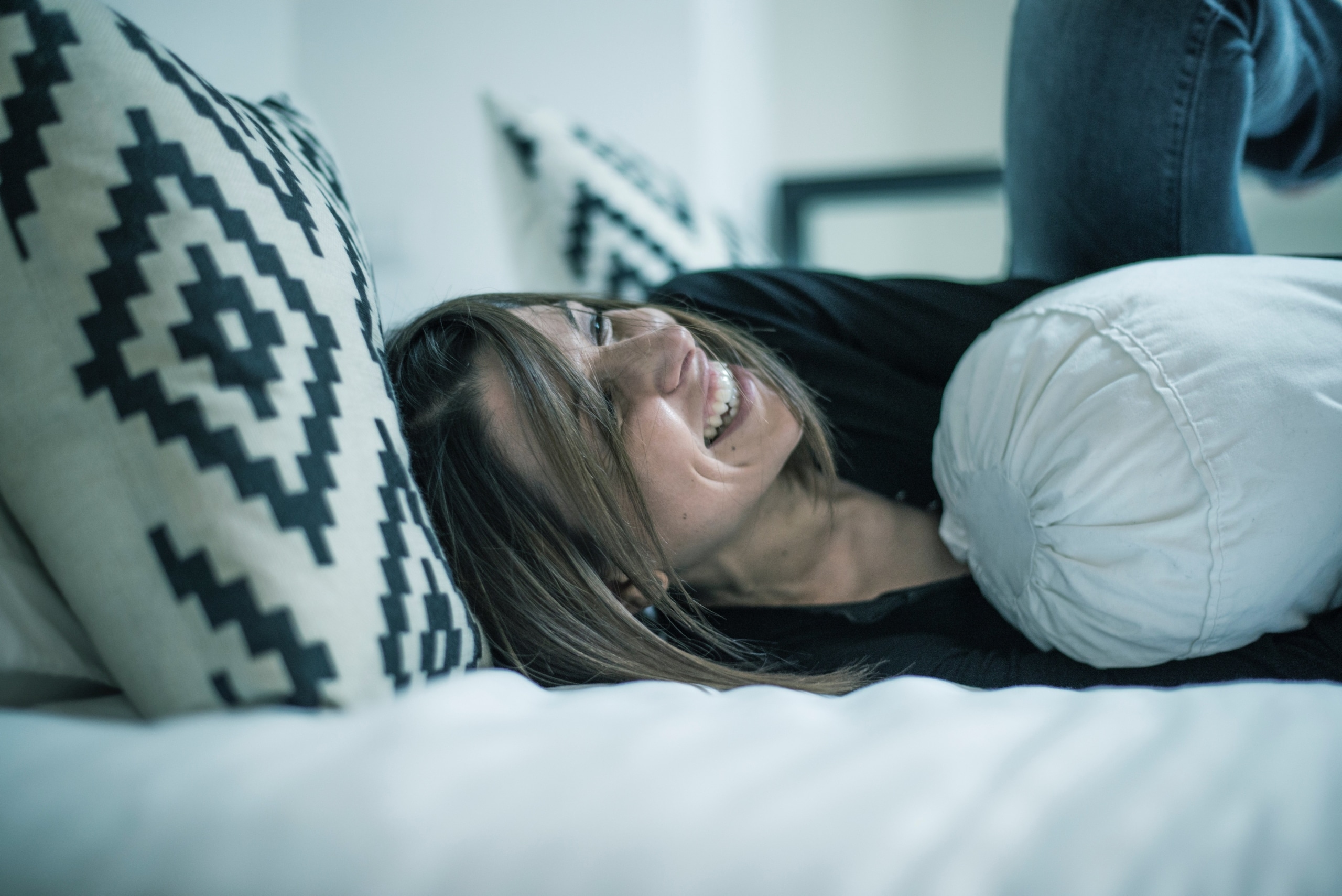Your shopping cart is empty.
Browse our collection or make an appointment.

Purpose: To turn off neurons (nerve cells in the brain and the rest of your body) that are active during the day, and let "nighttime" hormones take over. To turn off our sympathetic nervous system (fight/flight) and activate our parasympathetic nervous system (rest, recovery) so that brain activity, breathing and heart rate slow down. There are two systems in your brain involved here - our biological clock and our homeostasis for sleeping and waking.
Cortisol is produced in the adrenal glands from cholesterol, in response to stress and low blood sugar. This makes us wake up in the morning - but at the wrong times of the day, it is not very helpful. The most obvious solution is to relax - but this may not be enough. Adrenal support can help (through vitamins C, B5, B6 and magnesium supplements) as well as "breakfast like an emperor, lunch like a king and dine like a beggar." If reducing your cortisol seems too difficult, concentrate on increasing your melatonin - cortisol and melatonin have an opposite relationship and helping one by helping the other will contribute to your sleep improvement.
Our day/night cycle is affected by the hormone melatonin. Melatonin is made from seratonin, which comes from tryptophan, an amino acid found in many proteins. To make enough melatonin to sleep through the night, we need enough serotonin, and exposure to sunlight and darkness (see below). To get enough serotonin, we need a decent diet, including tryptophan. Tryptophan is found in many foods, including eggs, poultry, seeds, nuts and beans. We need it early in the day so we can start making seratonin as early as possible. Scrambled eggs for breakfast.
Seratonin levels build up throughout the day, and levels rise further under exposure to sunlight. Go outside in the sun, then spend time in darkness - the conversion of serotonin to the sleep-influencing hormone melatonin is driven by changes in light exposure.